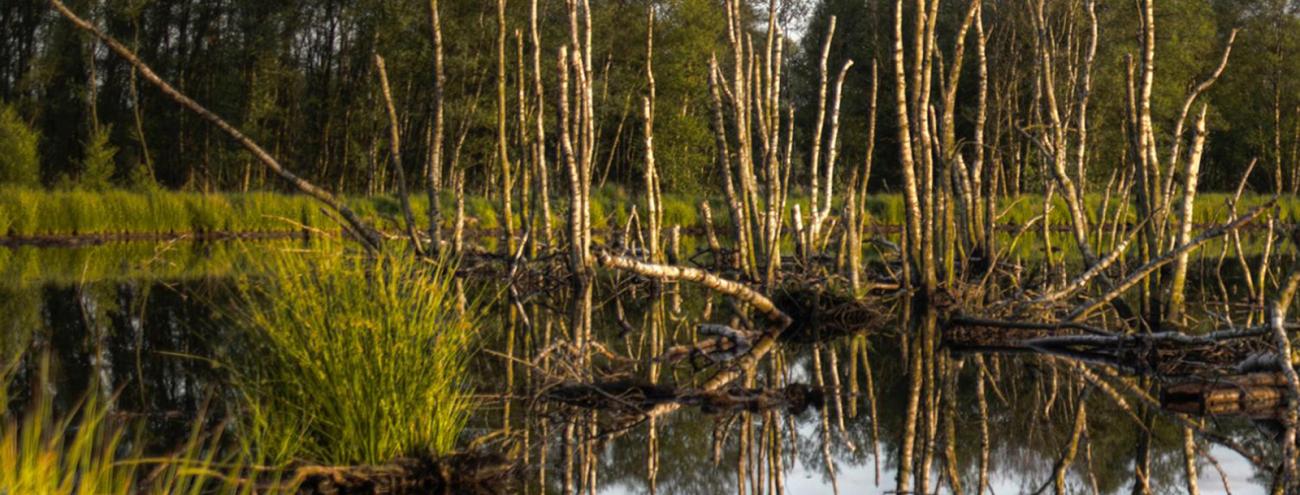
Interview: Dr. Ryan Ziels and Jake Li
Meet project leads Dr. Ryan Ziels, Assistant Professor in the Department of Civil Engineering, and Jake Li, Green Infrastructure Engineer at UBC Campus + Community Planning. We asked them about their project, its impact, challenges, and lessons learned.
A Nutrient, Energy, and Water Resource Recovery (NEWateR) Facility transforms waste from wastewater into a resource. For instance, recovered nutrients can be used to make renewable fertilizers, including biofuel or bioenergy.
“We are looking at establishing technologies that allow us to not only treat the water, which is still a high priority to protect public and environmental health, but also to develop new technologies that allow us to move forward in the circular economy,” explains Ryan Ziels, Assistant Professor in the Civil Engineering department and one of the project's leads.
The Nutrient, Energy, and Water Resource Recovery facility will be hosted in the Annex Building located at the Centre for Interactive Research on Sustainability, (CIRS) which the Department of Civil Engineering is converting into a lab. Once converted, CLL funds will be used to start placing pilot equipment in the facility and to start building the wastewater treatment technologies that several departments across campus are currently investigating.
“This project does not only involve UBC engineers,” adds Jake Li, Green Infrastructure Engineer at Campus + Community Planning. “Several groups across campus are looking at different aspects of resource recovery from wastewater.”
The Resource Recovery Facility will essentially combine this expertise into a living system that can be studied on a larger scale. The long-term goal is to build a system that interconnects related research and CIRS is the ideal space to do so since it is already connected to the campus wastewater system.
“Ramping inflation is definitely a concern, implementing five treatment units might no longer be feasible,” says Ziels when asked about potential challenges encountered, “but CLL funding will definitely act as seed funding, which can potentially allow us to apply to other granting agencies across Canada in the future.”
This project comes at a time when Metro Vancouver also needs to upgrade a significant number of wastewater treatment plants, which makes the topic of resource recovery extremely timely.
“Our project can showcase new technologies and thus inform the design and engineering of new infrastructures in Canada,” suggests Li. Furthermore, since the project is treating wastewater within a building there may be significant implications in terms of decentralized treatment - which could in turn benefit remote and low-resource communities.
The wastewater facility will also engage the public on campus. Thanks to the glass building within which it will be located, this research will be highly visible to the public. Additionally, students take part through classes and lab sessions, enhancing education and raising awareness over issues like the circular economy and recovering resources from waste.